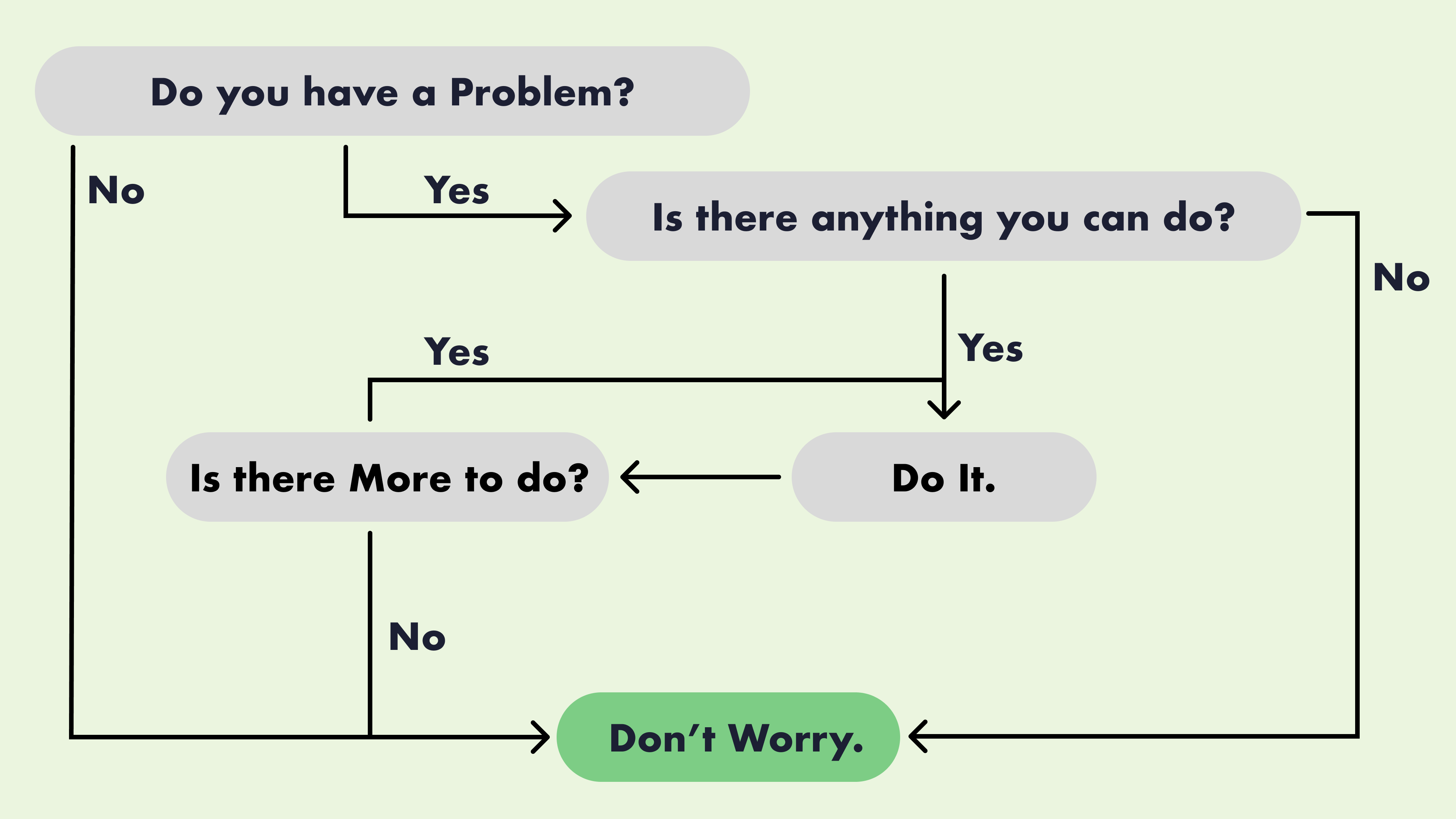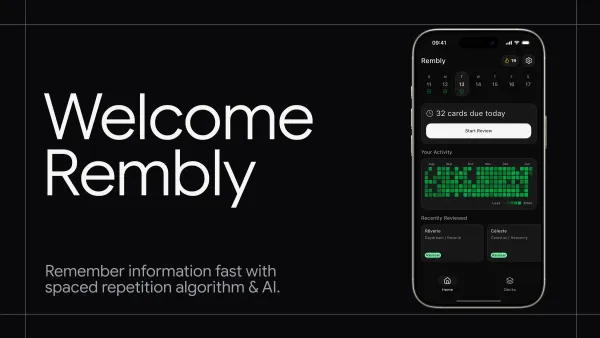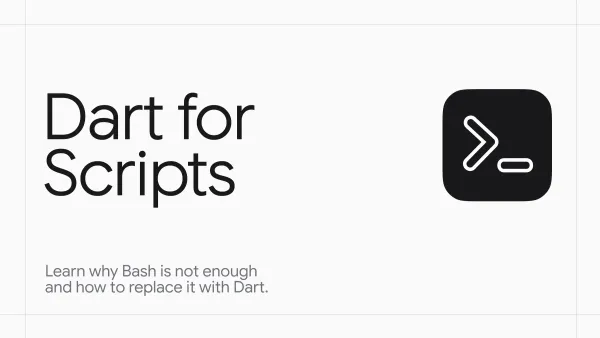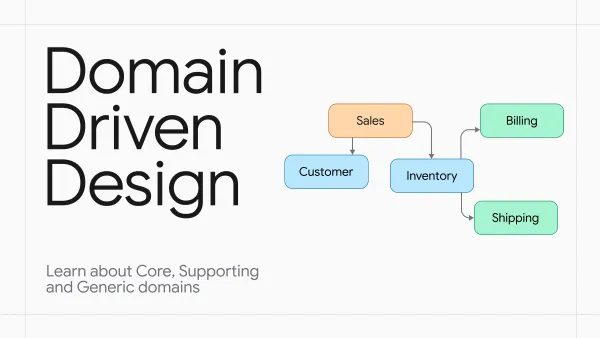Dichotomy of Control

Have you ever experienced feelings of anger, frustration, powerlessness, anxiety, bitterness, or loneliness? Have you acted impulsively or recklessly due to these emotions? Have you ever made a decision that you later regretted? Chances are, your answer is "yes".
I, too, have faced these situations on numerous occasions. They are primarily caused by our actions or lack thereof, and if we delve into the issue further, they are caused by our responses to external stimuli.
How we react to situations can either make them better or worse. For example, getting angry when faced with a frustrating situation usually makes things worse. Instead, taking a moment to pause and think about the situation can lead to a better outcome.
In this article, I'll share a vital Stoic philosophy principle - the Dichotomy of Control, laying the groundwork for various therapies and programs. These encompass Cognitive Behavioral Therapy (CBT), Acceptance and Commitment Therapy (ACT), Dialectical Behavior Therapy (DBT), Mindfulness-Based Stress Reduction (MBSR), and Rational Emotive Behavior Therapy (REBT).
"Some things are within our power, while others are not. Within our power are opinion, motivation, desire, aversion, and, in a word, whatever is of our own doing; not within our power are our body, our property, reputation, office, and, in a word, whatever is not of our own doing." - Epictetus, Enchiridion
Epictetus was born in Rome around 50 A.D. as a slave. Nevertheless, he became a renowned teacher and had a significant influence on Emperor Marcus Aurelius and others with his philosophy, Stoicism. This philosophy aimed to relieve suffering through practical methods rather than just theory.
Pretty much the same message is conveyed to us in The Serenity Prayer:
God, grant me the serenity to accept the things I cannot change, the courage to change the things I can, and the wisdom to know the difference.
We can only control our decisions and behaviors, but not our health or wealth. External conditions determine other people's feelings, thoughts, and actions. We can attempt to impact these factors, but we can't entirely control them.
At first, one may wonder why health or wealth is not up to us. Think about it:
We can engage in physical activity, work out at the gym, consume nutritious food, and uphold a healthy lifestyle. Nevertheless, the likelihood of contracting a fatal illness is beyond our control. All you can do here is try to influence the outcome.
That is why our full control only extends to our thoughts and actions. We can determine our reaction to a situation, what tasks to accomplish, and how best to execute them. Our freedom of choice is unlimited in this regard.
How to apply Dichotomy of Control

Of course, it's easier said than done. The ideas we have are insignificant until we are able to put them into action. This is essentially what the Stoics call practical wisdom. Stoicism teaches that true wisdom comes from the application of knowledge, not just its possession.
First of all, I would like to say that you shouldn't blame yourself for acting inappropriately. You should learn from it and try to do your best next time. If you fail, get up and try again. Remember that wisdom is not a talent or something you are born with, not some secret or mysterious relic. It is a skill that can be acquired, and like all things in this world, it takes time.
It's important to start with small steps: when you feel anger or other negative emotions, try not to act immediately, but rather take some time and take a few deep breaths.
"The greatest remedy for anger is delay" - Seneca
I'd like to present a simple yet essential algorithm that teaches how to apply the dichotomy of control, inspired by the StoicSage website:

This visual probably makes you fun ;) but wait! Isn't it really like that? Think about it for a moment: is there any point in worrying if we can't do anything about it? Or if we have done everything? This algorithm just tells you to do what you can and not worry about the outcome because it is out of your control.
Let me give a few examples:
- Person A is facing challenges with being overweight. They have the power to manage their exercise routines, dietary choices, and mindset to tackle this issue. However, certain elements like genetics, underlying health conditions, and environmental factors remain outside their control. If Person A is actively engaging in gym workouts or jogging, they should take pride in these efforts. On the other hand, if they haven't yet taken steps towards managing their weight, it's important to start making changes to influence the outcome. Remember, inaction leads to no results.
- Person B is gearing up for a job interview. They can maximize their preparation, cultivate a professional and engaging demeanor, showcase their strengths effectively, and promote their unique brand. Yet, they have no control over the interviewer's questions, nor can they sway the interviewer's mindset. Furthermore, the fairness of the competition and the ultimate hiring decision are beyond their influence.
- In personal relationships, we can control our actions, words, and responses. We can give love, and take care of somebody else. Though feelings, actions, and words of others are not up to us.
- Everyone has bad habits, from smoking to nail biting. Although many aspects of these habits are controllable, overcoming addiction is a tougher challenge as it involves an internal struggle. To successfully break free from addictions or bad habits, one must be deeply committed. This involves recognizing and acknowledging the problem, making a decision to change, strategizing and planning, exerting effort and taking action, seeking support, learning, and making adjustments. However, it's important to remember that factors like other people's actions and our own biology are often beyond our control.
Some popular quotes

"We often suffer in imagination, than in reality." - Seneca
"The only thing you really control is how you react to things out of your control." - Bassam Tarazi
"Courage is not having the strength to go on; it is going on when you don't have the strength." - Theodore Roosevelt
"You cannot control the behavior of others, but you can always choose how you respond to it." - Roy T. Bennett
"Life is 10% what happens to us and 90% how we react to it." - Charles R. Swindoll
"The greatest discovery of any generation is that a human can alter his life by altering his attitude." - William James
"Our greatest weakness lies in giving up. The most certain way to succeed is always to try just one more time." - Thomas A. Edison
"Some things are up to us and some things are not up to us." - Epictetus
"You have power over your mind - not outside events. Realize this, and you will find strength." - Marcus Aurelius
"If you are depressed, you are living in the past. If you are anxious, you are living in the future. If you are at peace, you are living in the present." - Lao Tzu
"Waste no more time arguing what a good man should be. Be one." - Marcus Aurelius
Meditations

Journaling Meditation: Combine meditation with writing. After a meditation session, write down thoughts and feelings, categorizing them into what's within your control and what's not. This practice can provide clarity and reinforce the dichotomy.
Nature Meditation: Spend time in nature, observing how the natural world operates independently of human control. This can be a profound reminder of the limits of our personal control and the beauty of letting things be.
Stoic Reflection: Reflect on quotes or teachings from Stoic philosophers like Marcus Aurelius or Epictetus. Contemplate their meanings and how they apply to your life, especially focusing on distinguishing between what is and isn't within your control.
Final thoughts

Embracing the Dichotomy of Control, a core Stoic philosophy, can transform our approach to life's challenges. By understanding and accepting the limits of our control, we can focus our energy and efforts on what truly matters - our actions, attitudes, and responses. This shift in perspective is not just philosophical; it's a practical tool for everyday life.
The key lies in differentiating what's within our power and what's not. This clarity helps us avoid unnecessary stress and frustration over things beyond our control, like other people's actions or unforeseen events. Instead, we can invest our time and resources in areas where we can make a real difference.
This principle is not about passivity or resignation. It's about proactive engagement with life, armed with the wisdom to know where our efforts will be most effective. It's about cultivating inner strength, resilience, and a sense of peace, regardless of external circumstances.
Remember, Stoicism isn't just about enduring hardships; it's about thriving amidst them. It teaches us to embrace life with courage, dignity, and a deep understanding of our role in the vast tapestry of existence. By applying the Dichotomy of Control, we can lead more fulfilling, balanced, and meaningful lives.
Resources
https://whatisstoicism.com/stoicism-definition/what-is-the-dichotomy-of-control/
https://thestoicsage.com/dichotomy-of-control/




